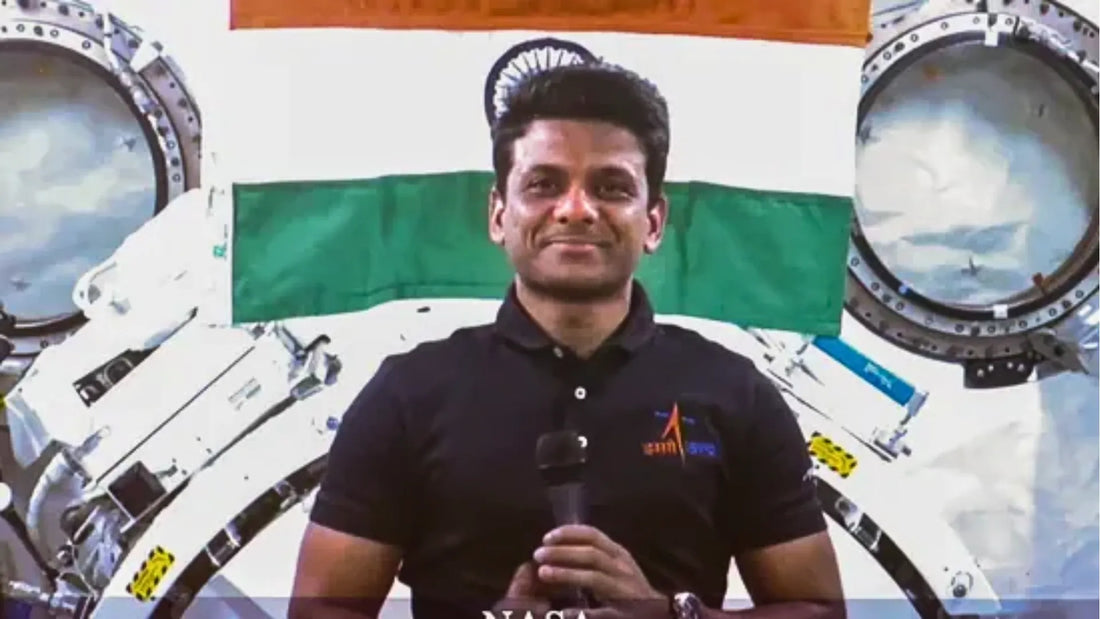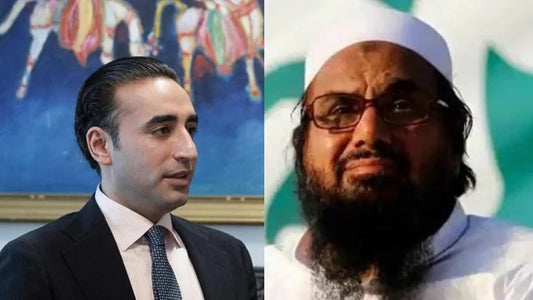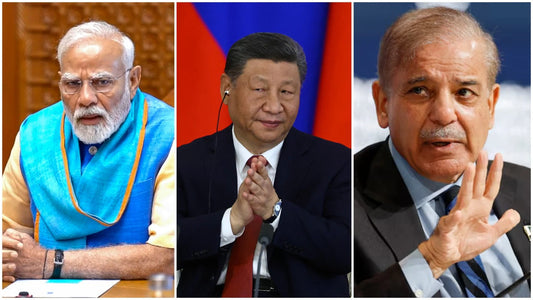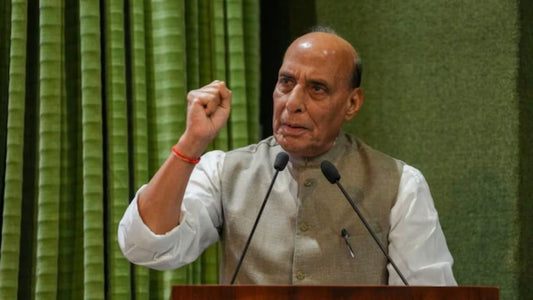Group Captain Shubhanshu Shukla to Connect with Indian Students and ISRO Engineers via Ham Radio from ISS

Group Captain Shubhanshu Shukla, currently on a 14-day scientific mission aboard the International Space Station (ISS), is set to communicate with Indian school students and engineers from the Indian Space Research Organisation (ISRO) through ham radio this Friday. This event is organized by the Amateur Radio on International Space Station (ARISS), which facilitates direct interactions between astronauts and students worldwide.
The communication will be facilitated by a telebridge established at the U R Rao Satellite Centre (URSC) in Bengaluru. ARISS has scheduled the contact for Friday, July 4, at 10:17 UTC, which corresponds to 3:47 PM IST, utilizing the K6DUE telebridge relay station. The event's details were also shared by ARISS on the social media platform X, emphasizing the importance of this engagement with Indian participants.
Ham radio, known for its reliability in emergency communications, serves as an effective tool for educational purposes. Licensed operators employ it to promote scientific and cultural exchanges, particularly in scenarios where conventional communication systems might be ineffective.
Shukla, a member of the four-person Axiom-4 crew, has been actively participating in various scientific studies aboard the ISS. Recently, he managed a space microalgae experiment, involving the deployment of sample bags and capturing images of different algae strains. This experiment aims to investigate the potential of microalgae as a sustainable and nutrient-rich food source for long-term space missions.
The Axiom-4 crew is also involved in the Neuro Motion VR project, which examines the effects of microgravity on cognitive and motor functions. The project requires astronauts to perform VR-based tasks while their brain activity is monitored through functional near-infrared spectroscopy (fNIRS), providing valuable insights into human adaptation during extended space travel.
Additionally, Shukla and his team are part of the Telemetric Health AI study, which integrates biometric data with mission analytics to evaluate cardiovascular and balance systems in spaceflight conditions. This research has the potential to lead to the development of advanced real-time health monitoring systems applicable both in space and on Earth.
The forthcoming radio interaction is anticipated to motivate students throughout India to pursue careers in science, technology, engineering, and mathematics (STEM). It offers a unique chance for students to connect directly with an Indian astronaut currently orbiting Earth.



















